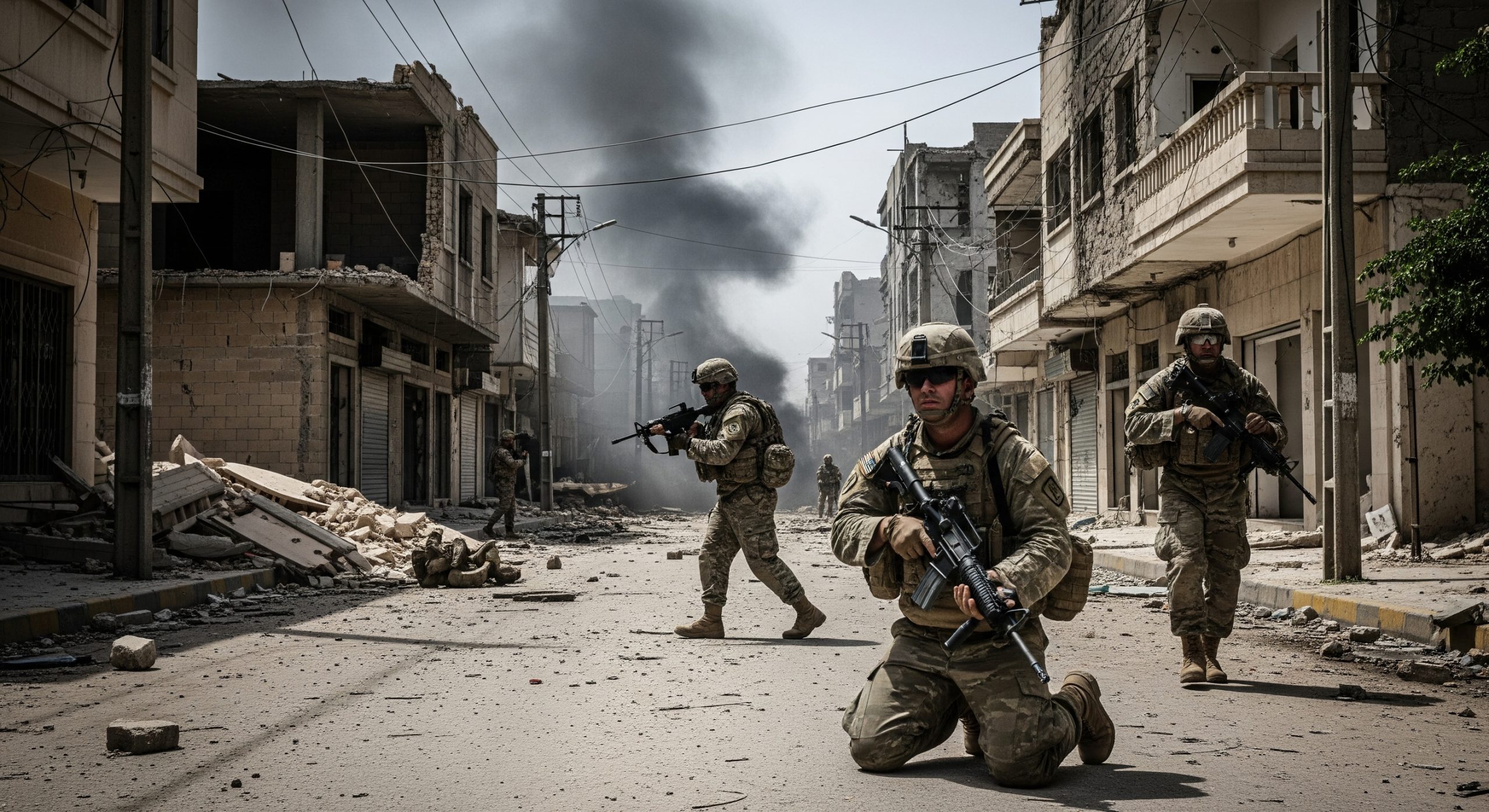
Publication
On the Prospects of a Land Invasion into Iran

ARVAK Center Comment, June 17, 2025
The possibility of a ground invasion of the Islamic Republic of Iran (IRI) remains a matter of debate. According to Middle East insider sources on June 16, 2025, information is circulating about Israel and its allies’ alleged readiness for a ground operation that goes beyond the aerial bombardment of the IRI.
Most military experts believe that the Israeli Army (IDF) does not have the capacity and manpower to conduct a large-scale ground operation directly on Iranian territory. In addition, the IDF’s operational capabilities are limited by threats emanating from the Gaza Strip, southern Lebanon, and along the demarcation line with Syria. Despite the IDF’s ability to conduct cross-border ground operations, their scope remains limited and could be realized within the context of broader operations initiated by Israel’s allies.
Consequently, the possibility of a tacit coalition supporting Israel, primarily the United States, preparing for an invasion cannot be ruled out. However, a realistic analysis of the current situation refutes such a prospect, at least for now. Firstly, Donald Trump’s domestic political position in the United States appears too unstable to initiate a military operation surpassing the campaigns in Afghanistan (2001) and Iraq (2003) combined. Secondly, technical preparations for such an operation would take months, but in the past period, according to international sources, there has been no accumulation of forces and resources of the American army and its allies in the region, nor the establishment of logistical chains to support a hypothetical ground campaign. Thirdly, it is unlikely that any of the countries directly bordering Iran would be ready to provide their territory and infrastructure for such an action. Given Iran’s continued ground force capabilities and its consolidation of society, a ground operation would have serious consequences not only for the pro-Israeli coalition carrying out the invasion, but also for any state providing a foothold. Thus, no neighboring capital, even one with tense relations with Tehran, would undertake such a political adventure.
Based on this information, it can be concluded that Israel and its allies are not planning a large-scale land invasion of Iran. It is assumed that the coalition would only resort to local land operations with the use of a limited number of special army units only in the event of Iran’s internal destabilization signs of civil war. Tel Aviv and Washington are probably counting on the possibility of a surge in public discontent with the government, weakened after the airstrikes, and the activation of separatist movements in various parts of the country, especially in the northwest. This is confirmed by the Israeli leadership’s open calls to the Iranian people about the need to revolt against the regime, as well as Kurdish and ethnic Azerbaijani dissidents increasingly frequent appeals to their compatriots in Iran with a call to arm themselves and prepare for a “war for independence”. It is obvious that if such a scenario materializes, it is clear that Tel Aviv and Washington could count on the invasion of Turkish and Azerbaijani ground forces into Iranian territory under the pretext of protection of “oppressed compatriots”, in turn taking on the provision of air cover for the operation. However, at the moment, the unofficial coalition is unlikely to be ready for larger-scale ground operations. Consequently, Tehran’s main concern should not be associated with a hypothetical American-Israeli invasion, but with the processes of activating opposition groups and ethnic separatist movements capable of “opening of the gates of the Iranian fortress from the inside”.
